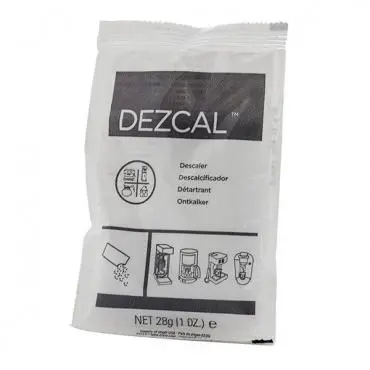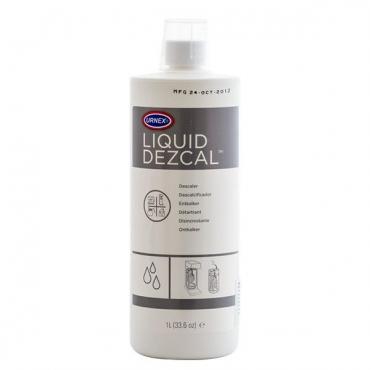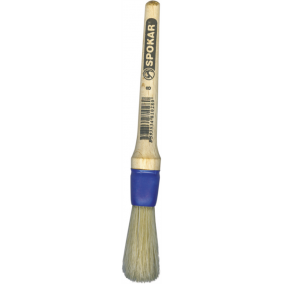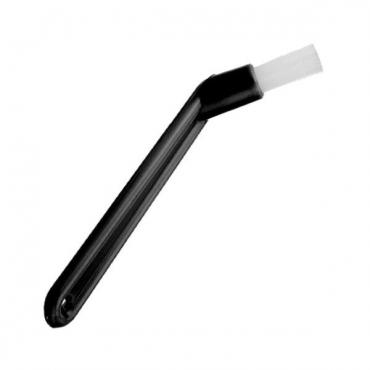To truly enjoy your favourite coffee, you need to take proper care of the coffee machine you use to prepare it.
Why descale your coffee machine?
Simply because if you want your coffee machine to work perfectly, you have to give it the conditions to do so. Just like when you service your car regularly, it's a good idea to clean your coffee machine at appropriate intervals. The question is how often to service it. But of course this depends on a number of factors:
-
frequency of use of the coffee machine - it makes a difference whether the coffee machine produces two or twelve cups of coffee a day, the more often it is used, the shorter the cleaning intervals should be, usually an interval of 3-6 months is recommended for home coffee machines;
- hardness of water - if you have hard water rich in minerals (especially calcium), you must expect more intense sediment formation in the coffee maker and the need for more frequent cleaning.
How are coffee machine deposits harmful?
First and foremost, they can interfere with the proper functioning of the appliance. If they occur on the heating element, they slow down the process of heating the water, so that the coffee maker uses more energy to make coffee. Over time, deposits could then fundamentally damage the heating element and put the appliance out of action altogether.
It is also important to remember that sediment can be a place where harmful bacteria multiply and then leach into the finished beverage.
And last but not least, sediment can negatively affect the final taste of the coffee.
How to get rid of them and what to use
It is ideal to use a special cleaner to descale your coffee machine. Of course, you will come across a number of ways to clean a coffee machine using vinegar or citric acid, but you should know that in order to keep the appliance working, both substances must be used in the right concentration, i.e. diluted.
Quality dewaxers are designed specifically for these purposes, so you can be sure that they won't harm your coffee maker.
In general, follow the instructions for use that can be found on the chosen cleaner.
-
fill the water tank with the descaler solution;
-
turn on the coffee maker and let the water and descaling solution flow;
-
flush the tank well, fill it with clean water, turn the machine back on and let all the water run through;
-
Repeat the procedure from the previous point 2-3 times to remove all cleaning solution from the appliance.
If you need to remove limescale and other dirt from the coffee machine accessories (strainer or individual lever components, coffee grinder, etc.), you can immerse them in the descaling solution (usually enough for about 30 minutes), clean them with a brush and then rinse them thoroughly with running water.
Take care of your coffee machine and it will in turn make sure you always have great coffee on the table.
Accessories for descaling your coffee machine:
Professional descaler (descaler) for espresso machines from the American brand Urnex. Quantity: 28g.
Professional descaler (descaler) for espresso machines from the American brand Urnex. Quantity: 28g.
Professional liquid descaler (descaler) for espresso machines from the American brand Urnex. Quantity: 1l.
Professional liquid descaler (descaler) for espresso machines from the American brand Urnex. Quantity: 1l.
Cleaning brush suitable for cleaning the lever of a coffee machine or coffee grinder.
Cleaning brush suitable for cleaning the lever of a coffee machine or coffee grinder.
Professional ergonomic cleaning brush with strong bristles from the Italian brand Motta for comfortable and easy cleaning of coffee machines.
Professional ergonomic cleaning brush with strong bristles from the Italian brand Motta for comfortable and easy cleaning of coffee machines.
Urnex Dezcal descaler 28g powder
Urnex Dezcal descaler 1l
Barista brush for cleaning the lever
Motta cleaning brush






























































































